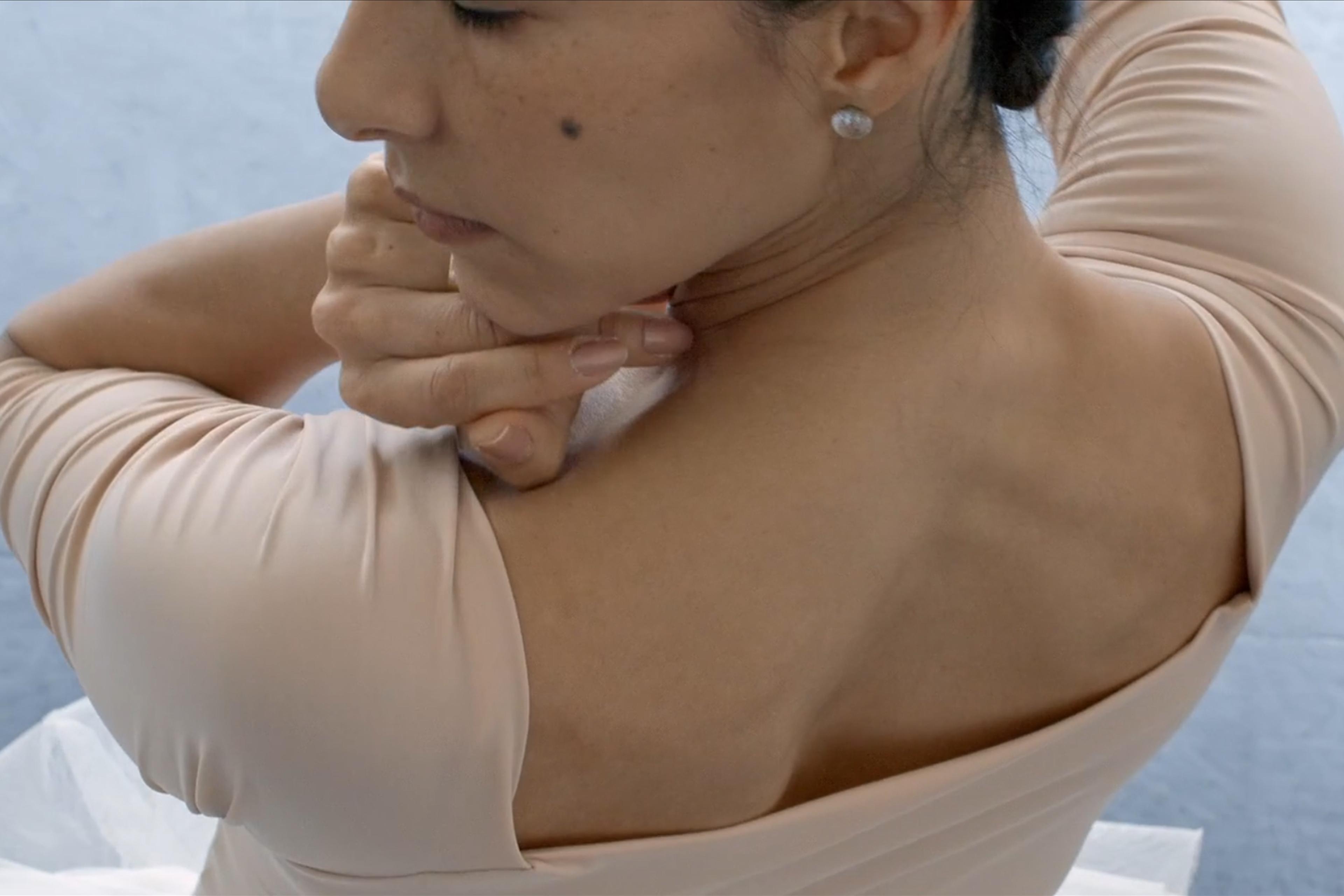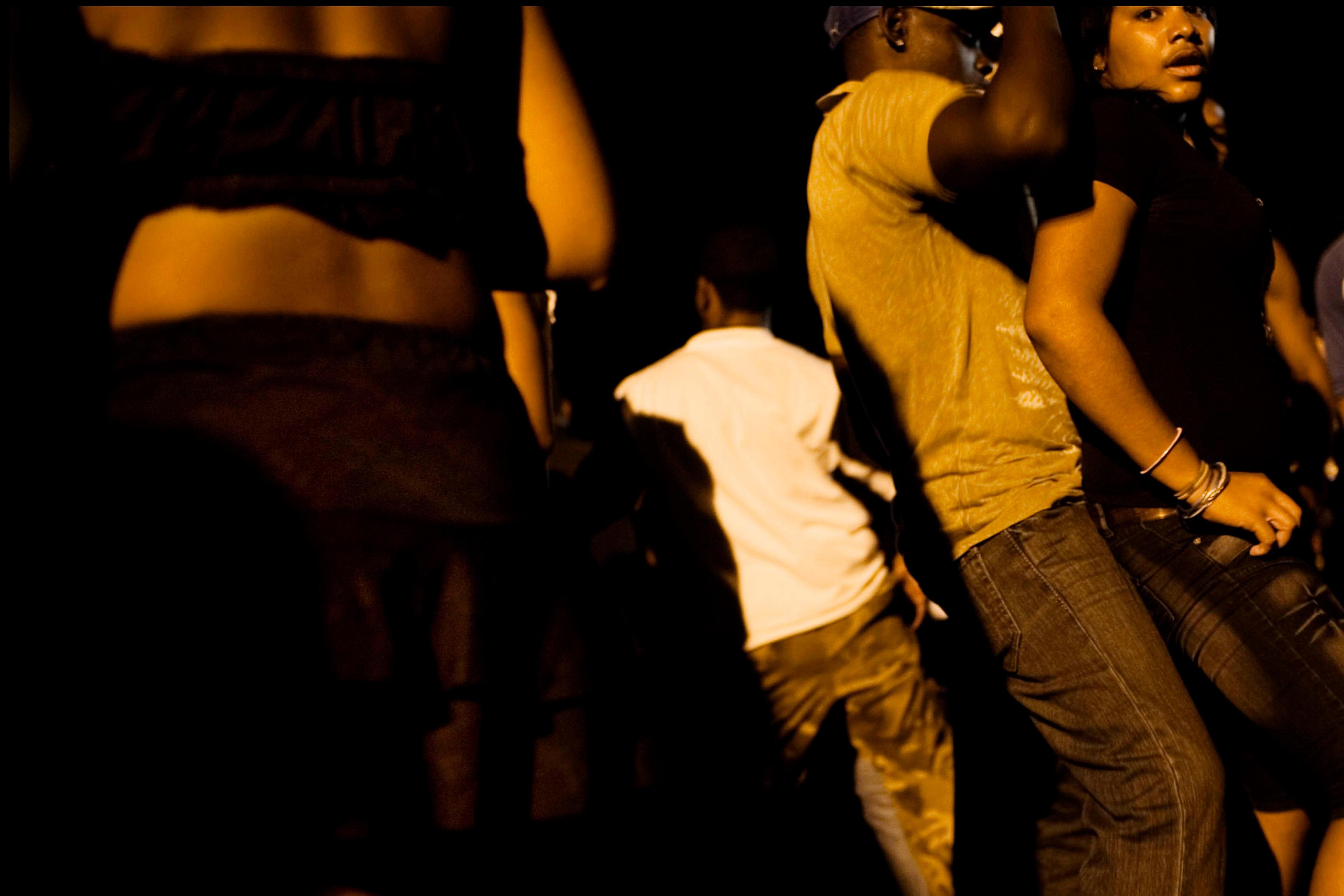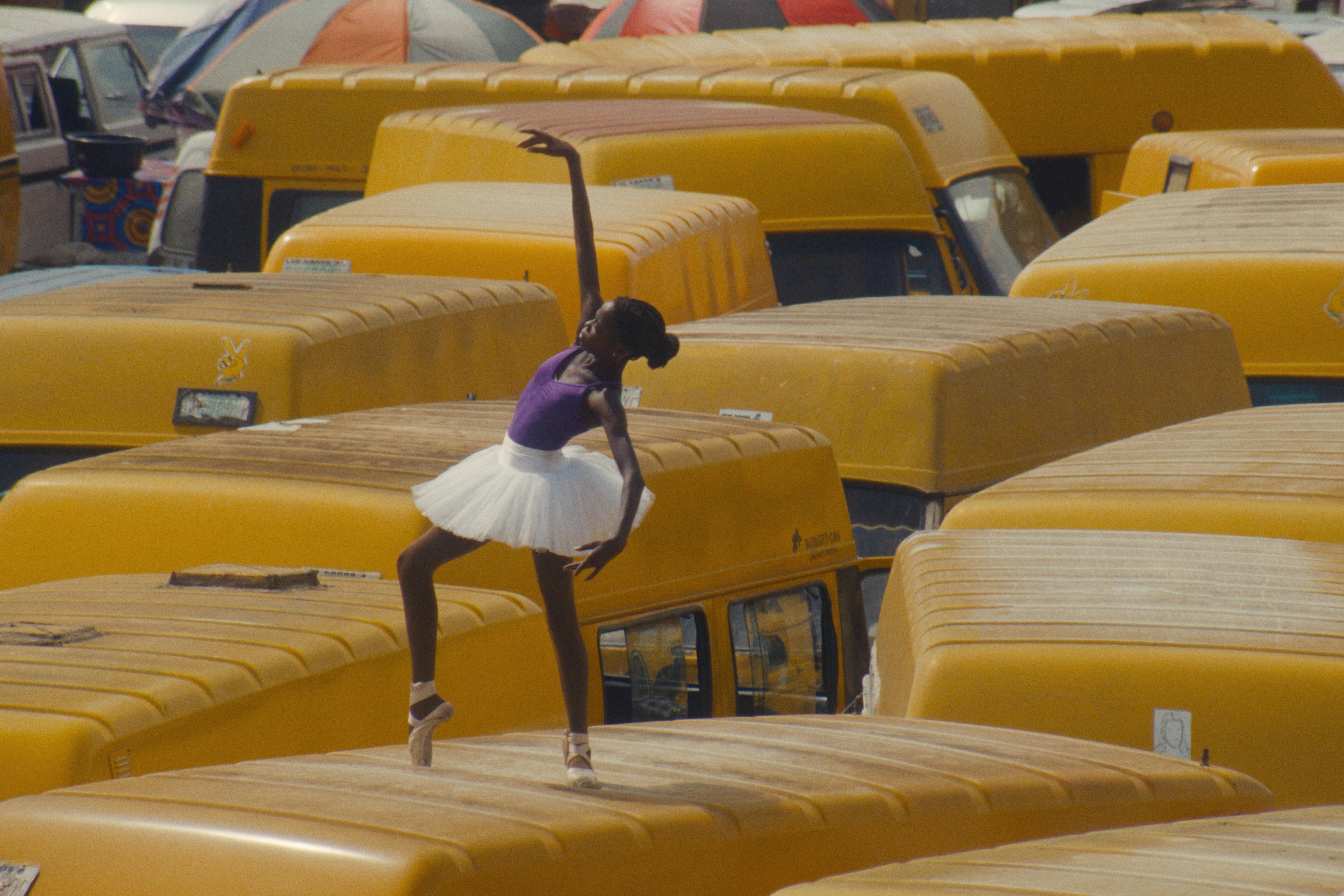As Rio de Janeiro is to samba and New Orleans is to Dixieland jazz, Seville is to flamenco. The music bleeds out of venues and into the streets in the Spanish city, performed by those who have dedicated their life to the craft, and received by audiences of locals and tourists, aficionados and newcomers. A regional folk art born in the Andalusia region, where Seville is the largest and capital city, today the melding of acoustic guitar, percussive dancing and passionate singing that forms flamenco has achieved a global audience. But, as the short documentary Soleá: the Flamenco of Seville (2013) illustrates, its far-reaching heartbeat still pulses outward from southern Spain.
When he embarked on a musical pilgrimage from Colombia to Seville to study flamenco, the guitarist Juan Ramírez discovered that the art form was ‘not to be learned in a school’, but through full immersion – playing in classes, streets and cafés, often long into the night. What began as a plan to stay for just a month transformed into 13 years in the city, as Ramírez endeavoured to move beyond proficient guitar-playing and toward learning how to truly accompany dancers and singers, and convey flamenco’s dark emotions with authenticity.
Tracking Ramírez’s paces, strums and many gigs, Soleá: the Flamenco of Seville is an entrancing portrait of person and place – enhanced by the willingness of the US-based directors Pedro Kos and Emmanuel Vaughan-Lee to linger on Ramírez’s passionate performances. But at the film’s core are more universal questions of art and artistry. ‘Paco de Lucía died learning,’ a dance instructor preaches during a lesson accompanied by Ramírez, referring to perhaps the most influential flamenco guitarist of the previous century. Her sentiment reflects the film’s foremost thematic through-line – that mastery is perhaps never achieved, only pursued through ‘a long road of patience that completely intertwines with your life’, as Ramírez puts it.
Written by Adam D’Arpino







